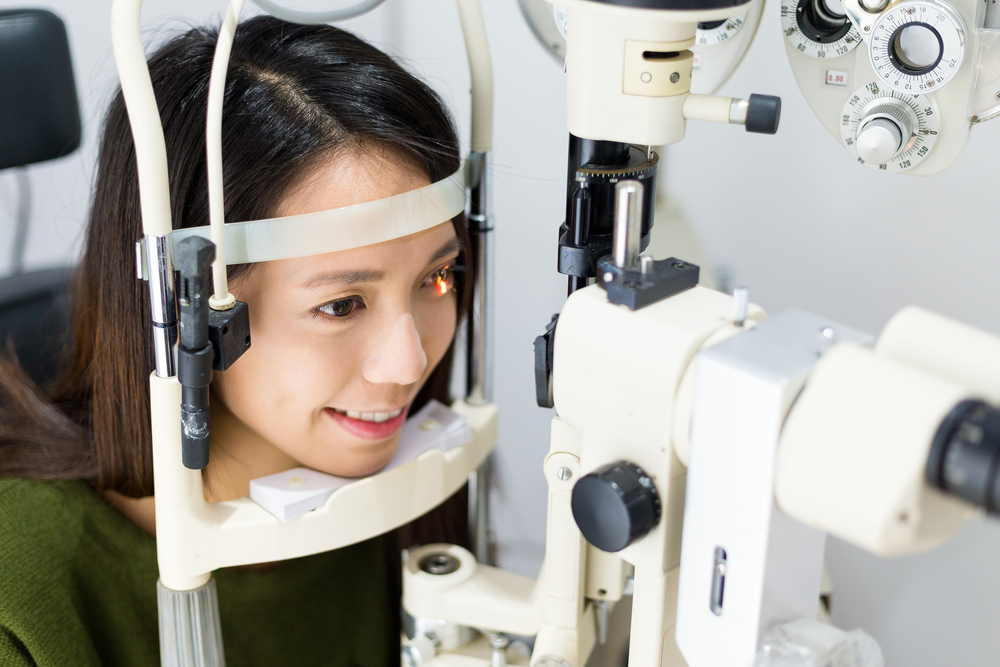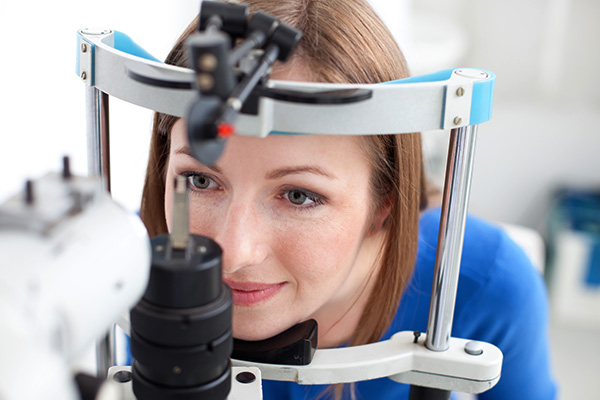
A comprehensive eye exam is a thorough evaluation of your eyes and visual system to check for potential vision problems and eye diseases. It's not just about checking whether your prescription needs updating, it’s about ensuring the overall health of your eyes.
What to Expect During a Comprehensive Eye Exam
When you go for a comprehensive eye exam, the first thing that usually happens is an initial discussion about your family's eye health history and any eye health problems you may have experienced in the past. This information is critical as it helps your eye care professional understand any potential risks to your eye health.
Next, your eye doctor will conduct a series of tests to assess your vision and eye health. These tests may include a visual acuity test to measure how well you can see at various distances, a refraction assessment to determine your exact prescription, and a visual field test to detect any blind spots in your peripheral vision.
Additionally, your eye doctor may perform a dilated eye exam, where eye drops are used to widen your pupils. This allows the doctor to get a better look at the back of your eyes and examine them for any signs of damage or disease. Though the dilating drops can cause your vision to blur and make your eyes more sensitive to light for a few hours, this part of the exam is essential for detecting diseases like glaucoma, macular degeneration, or retinal detachment.
What are the Benefits of Regular Comprehensive Eye Exams?
Having regular comprehensive eye exams is crucial for maintaining healthy vision. One of the primary benefits is that it allows for early detection of eye diseases. Many serious eye conditions often show no symptoms in their early stages, so without these exams, they could go unnoticed until they've progressed enough to affect your vision.
Another significant benefit is the monitoring of your overall health. Your eyes aren't just the windows to your soul; they can also offer a glimpse into your overall health. Conditions like diabetes, high blood pressure, and even some neurological disorders can often be detected through a comprehensive eye exam before they present symptoms elsewhere in your body.
Lastly, regular eye exams ensure that you always have an up-to-date prescription. This is particularly important if you wear glasses or contact lenses. An outdated prescription can lead to eye strain, headaches, and can even negatively impact your quality of life by hindering your ability to perform daily tasks.
Maintain Your Eye Health through a Comprehensive Eye Exam Today
A comprehensive eye exam is an essential part of maintaining both your eye health and overall health. By knowing what to expect during the exam, you can alleviate any anxieties and ensure you are fully prepared for the appointment.
Take the next step in protecting your eye health by schedule a comprehensive eye exams with Insight Eyecare in our Houston, Texas office. Please call 713-462-2010 to schedule an appointment today.





